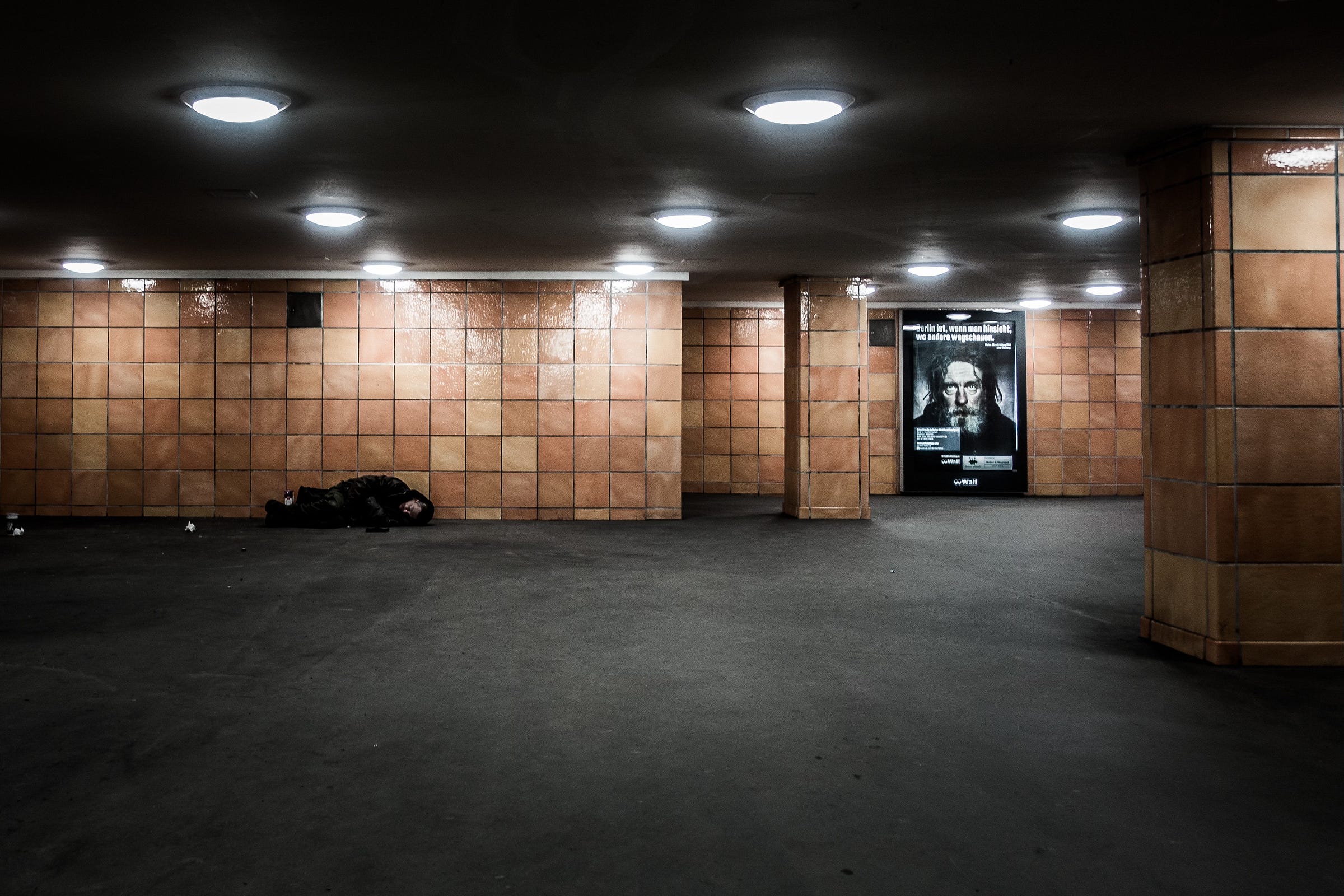Why a just society can save democracy
#246
My Dear Friend of Democracy,
Perhaps there is a simple reason for Donald Trump's victory and, in general, the growing support for right-wing, extreme parties all around the world: inequality.
Inequality fuels envy and aggression. People who have such feelings mostly do not vote for centrist parties. They vote for extremes. They vote for people like Trump.
The USA, for example, is, in many ways, such an unequal society. Excessive wealth is displayed in magnificent houses, and just a few streets away, there are slum-like conditions.
If this simple thought is correct, it is obvious what to do: We have to make our society fairer. We must create a just society to save democracy.
One could also put it another way: Only a fair society really is a democracy. Since democracy means that all citizens are free to live according to their beliefs and participate in politics and society as genuine equals.
We do not live in such a society. We’ll never will. The description is more of an ideal.
But we can get closer.
How?
This is where the philosopher John Rawls comes into play.
In his 1971 published book "A Theory of Justice", he already warned that a deeply unequal society would lead to a politics of resentment that could threaten the survival of liberal democracy.
A pretty accurate description of the present, right?
So what to do?
Here is what Rawls recommended: We should organise our economy to achieve equal opportunities and widely shared prosperity, only tolerating inequalities where they improve the life prospects of the least advantaged.
Doesn't that sound like an excellent recipe to defeat political figures like Trump politically? After all, Trump was elected primarily by people without higher education. These people are particularly likely to have experienced injustices in their lives.
But what should politics against Trump and Co. look like?
The economist Daniel Chandler writes about the implications of John Rawls in the New York Times: “For a modern political party, this would mean going all out for a pro-worker agenda to address the long-neglected concerns of non-college-educated voters — not simply for higher incomes but also for meaning, community and a chance to contribute to society."
He continues: That "would include huge investment in vocational education and left-behind places, forming an effective industrial strategy to create good jobs and giving workers more of a say in how companies are run."
So, participation of the weakest is John Rawls's idea.
But: That doesn't mean special rights for minorities in the first place. That would only create new feelings of injustice.
Again Chandler:
"Justice for women and minority groups would be integral to this vision, but it would be tied to universal values of justice and fairness rather than identity politics and pursued, wherever possible, through universal rather than group-based programs for education, health care, housing and welfare."
✊ Anyone who believes in the good in people will find a helpful philosophical friend in John Rawls. People are not bad, circumstances make them, Rawls says. If we change the circumstances, we change the people. If we build a just society, we will get just people.
See you in Europe,
Johannes
📸 A homeless man lies in a subway station. Next to him is a so-called out-of-home advertisement that says, “Berlin is when you look when others look away.”
out of home / Berlin, Germany / 27 January 2017


